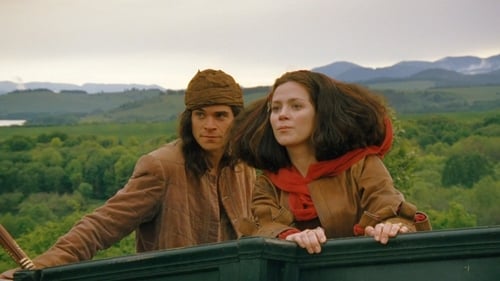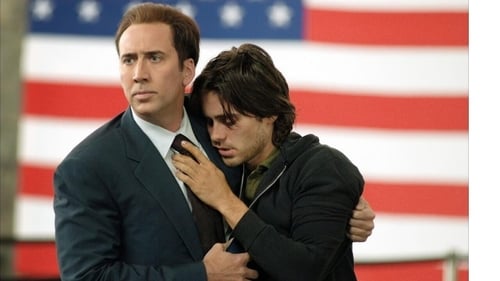
Line Producer
백작 부인 엘리자베스 배토리의 소름끼치는 이야기는 악명이 높기로 유명하다. 이 이야기가 역사학자, 작가, 시인, 극작가, 음악가, 화가 그리고 영화감독에 의해 재설명되는 장면들로 영화는 구성된다. 배토리 부인은 여인들을 살해하기 전에 살아있는 동안 살을 입으로 찢어갈겨 그 피로 목욕을 할 정도였다. 그녀는 인류의 역사에서 가장 극단적인 살인자로 불려지고 있고 기네스북에도 등재되어 있다.

Production Manager
1992년, 우크라이나에서 자그마치 4조원 규모의 무기가 감쪽같이 사라지는 사건이 발생한다. 90년대 중반에 접어 들어 이 사라진 무기들은 세계 각국의 무기 밀거래상들에 의해 공공연히 유통되기 시작하고, 이 와중에 '전쟁의 제왕'이라 불리며 독보적인 위력을 떨치는 남자, 유리 올로프가 나타난다. 전 세계의 큰 전쟁 중 열에 여덟은 유리의 손을 거쳐 이루어진다고 얘기될 정도로, 그는 '전쟁의 제왕'이라는 명성에 걸맞게 금액만 맞는다면 세계의 독재자, 전쟁광, 무기 밀거래상 등 상대를 가리지 않고 위험한 거래를 만들어 간다. 유리는 모든 거래에서 자신만의 탁월한 협상력을 자랑하며 승승장구하고, 이 때문에 국제 인터폴 잭의 집요한 추적을 받게 되지만 거래 규모가 커지면 커질수록, 거래가 더욱 위험해지면 위험해 질수록, 그것을 통한 짜릿한 쾌감에 더더욱 빠져들기 시작한다. 그는 자신의 친동생까지 끌어들이며 자신의 무기 밀거래 사업의 범위를 급격히 넓혀가며 '전쟁의 제왕'으로서의 그 위세를 더욱 높이게 되지만 아프리카 내전 독재자와의 거래 도중 동생을 잃게 되고, 결국 그자와의 최후의 협상 테이블 앞에 자신의 운명마저 내던지게 되는데..

Production Manager
A satiric tragi-comedy about two women and their lover Robert who is an emigrant that keeps coming back. This film shows chaotic post-communist Europe after the fall of totalitarianism. Two opposite characters, women, meet during the Velvet Revolution in November 1989. Intellectual dissident Nona and a Communist secret police boss’ mistress Ester. They meet at an anti-regime demonstration and become friends. They don’t want anything to do with politics, both want to get married and have kids, but also get rich. Crazy plans and risky attempts to realize their shared dreams land them in many sticky situations in the post-revolution chaos. Too much money gets in the way of the power of friendship.

Production Manager
A story of a young student of medicine, who arrives in a small mountain village after being accused for carrying out illegal abortion. The film reflects the moral decline of the society, where stealing in secret and making compromises against one's beliefs make up mundane reality. The filmmakers went to perhaps the furthest possible limits in terms of allowed social criticism in the 1980s. The negative picture is enhanced by its rural setting, since the Slovak village had been traditionally associated with strict morals and conservative values.



